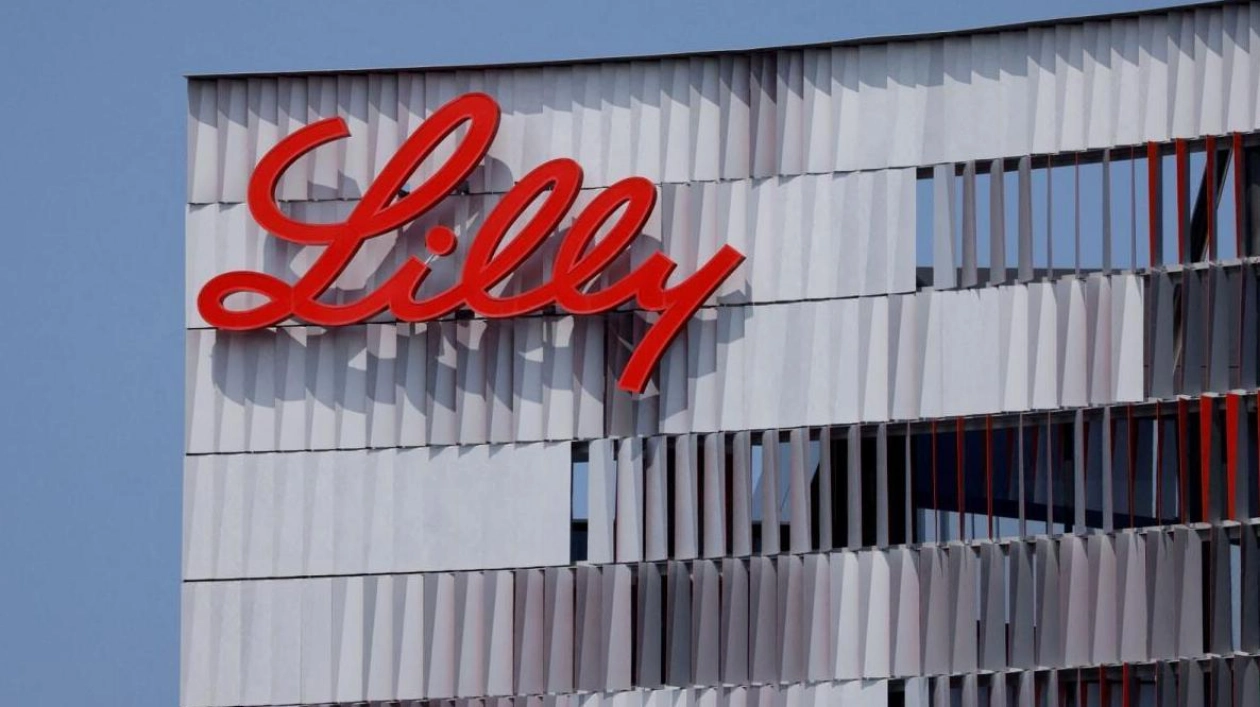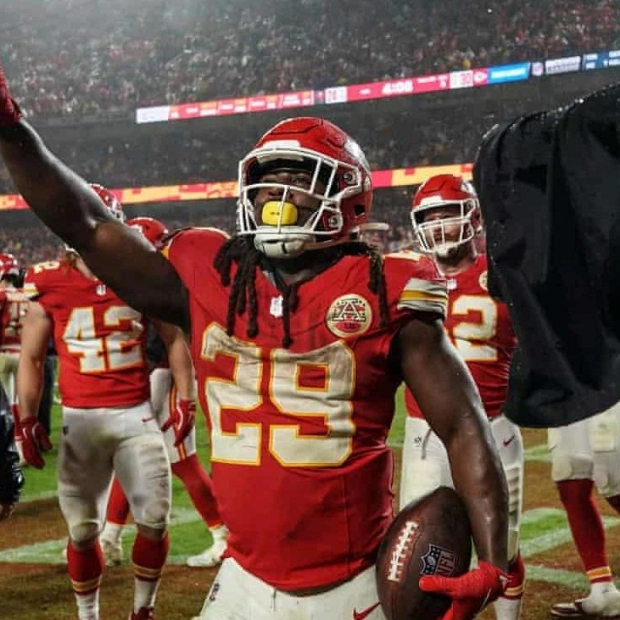Eli Lilly increased its annual sales forecast by $3 billion on Thursday, driven by surging demand and enhanced manufacturing capacity for its popular weight-loss drug Zepbound, boosting its shares by over 10 per cent premarket.
The drugmaker also revised its annual profit forecast upwards and announced that sales of Zepbound exceeded $1 billion for the first time in a quarter. This milestone follows Danish competitor Novo Nordisk's rare miss on quarterly sales of its weight-loss drug Wegovy and a reduction in its full-year profit forecast.
Lilly and Novo Nordisk are both accelerating their efforts to expand manufacturing capacity to meet the unprecedented demand for their weight-loss drugs, which have demonstrated average weight loss of up to 20 per cent in patients. Analysts predict that the companies will likely share the US market equally by the end of 2024, as Lilly strengthens its manufacturing capabilities and narrows the gap with Novo Nordisk.
Lilly anticipates the commencement of production in its new lines over 2024 and the operation of a new plant in Concord, North Carolina, by the end of the year. The company has additionally invested $5.3 billion in May in an Indiana manufacturing site for the production of tirzepatide, the active ingredient in Zepbound, and its diabetes drug Mounjaro.
The drugmaker plans to introduce 2.5 milligrams and 5 milligrams single-dose vials of Zepbound in the US in the coming weeks. Investor enthusiasm for these therapies has driven Lilly's market value beyond $700 billion, with the stock rising approximately 32 per cent this year. Some analysts forecast the weight-loss treatment market to reach $150 billion by the early 2030s.
Quarterly sales of Mounjaro reached $3.09 billion, while Zepbound generated $1.24 billion. Analysts had anticipated sales of $2.49 billion for Mounjaro and $930.8 million for Zepbound, with expectations for the drugs to collectively generate $15 billion this year.
As Lilly increased supply for both Mounjaro and Zepbound during the quarter, the company was able to fulfill backorders and augment stocks at wholesalers, which accounted for 15 to 20 per cent of US sales. Approximately 27 per cent of the company's US sales growth came from increased volumes, and 15 per cent from realized prices. In the same quarter last year, Lilly had offered discounted Mounjaro to customers.
Both Wegovy and Zepbound have faced shortages this year, according to the US FDA's website, although the agency recently reported that all doses of Zepbound are now available but has not yet removed the treatment from the shortage list. Lilly anticipates potential periodic supply constraints for certain dose levels of its diabetes and weight-loss drugs due to expected increases in demand.
The drugmaker now forecasts a 2024 adjusted profit of $16.10 to $16.60 per share, up from its previous estimate of $13.50 to $14. Lilly projects overall revenues to range between $45.4 billion and $46.6 billion, compared to earlier expectations of $42.4 billion to $43.6 billion.






